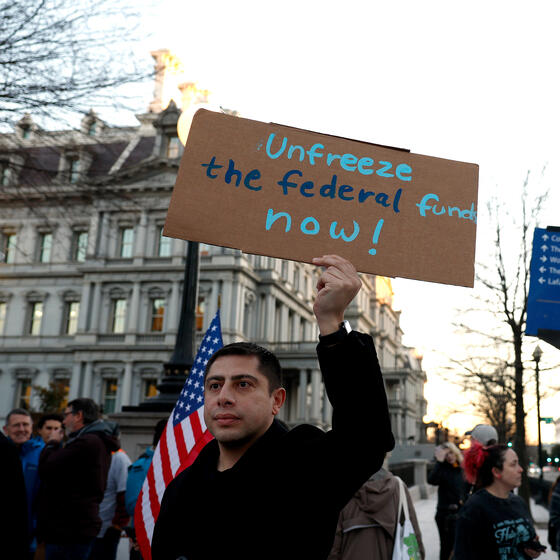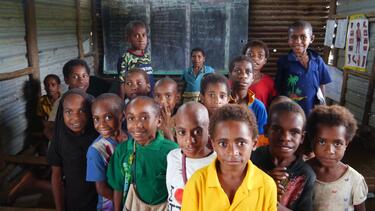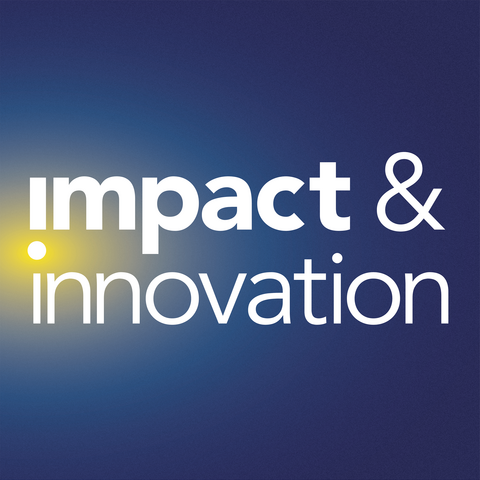Social Impact
The Funding Crisis Facing Nonprofits
We talked to Andrea Levere ’83 and Alexandra Sing ’20, CEO and COO of Capitalize Good, about the state of the social sector and the increased urgency of their work working with funders and nonprofits to move toward a model of stable, long-term capital.

Can impact investing have an impact?
Impact investing, a growing niche in finance, seeks to marry strong financial returns with positive social impacts. That can mean investing in companies whose products improve the environment, or it can mean helping a startup find ways to positively contribute to the neighborhood where it’s based. Nancy Pfund ’82, founder and managing partner of DBL Investors, talks about the growth of the sector.
Can a town reinvent itself before its economic engine disappears?
Tabubil is a town of about 30,000 people, deep in the mountains of Papua New Guinea. It was built by the operators of the Ok Tedi mine, an open-pit gold and copper mine. But now, with the end of the mine’s life in sight, the town faces a stark challenge: completely remake itself or disappear. John Wylie, former head of the Tabubil Futures Initiative, talks about what it takes to imagine a new economy and a new way of life for the isolated community.

Can profits and a social mission co-exist?
Professor Rodrigo Canales discusses his research into the trade-offs inherent in social enterprises and argues that people interested in the field should pay closer attention to the challenges of achieving both social good and market success.

Electricity Expansion Produces Large Development Gains in Brazil
Gaining access to electricity leads to larger improvements in income and education than previously estimated, according to new research by Professor Ahmed Mushfiq Mobarak.
Where do small NGOs fit on the global development stage?
Development organizations find themselves in fierce competition for funding. How can small nonprofits differentiate themselves so their capabilities aren't overlooked among the giants? We talked with one expert who has been delivering global health to underserved populations for decades.
What do revolutions and elections mean for business?
Discussion at the Yale CEO Caucus focused on global hot spots and their likely effects on the business environment in the next year.
How will healthcare reform change the economy?
The highly contentious healthcare reform act passed in 2010 is being implemented over the next several years. Businesses, ranging from mom-and-pop operations to global corporations, are struggling to understand how it will affect them. Two healthcare experts with direct experience of policymaking and business decision making discuss what’s ahead.
Have you paid a bribe?
Corruption gums up the workings of a market economy—making legal activity less efficient, degrading the quality of institutions, and disadvantaging those who would behave ethically. A website in India aims to use the tools of social networking to start the wheels of positive change.
What's the business case for diversity?
A range of often subtle biases around gender roles pervade the workplace. SOM's Victoria Brescoll discusses the impact these biases have on women and men, successful approaches to inclusivity, and the business case for making changes.
Can solar bring power to India’s rural poor?
Harish Hande is the founder of SELCO, a social enterprise established in 1995. The company provides sustainable energy solutions and services to under-served households and businesses in rural parts of Karnataka and Gujarat. Can this "open-source organization" provide a model for powering economic development without devastating the environment?
